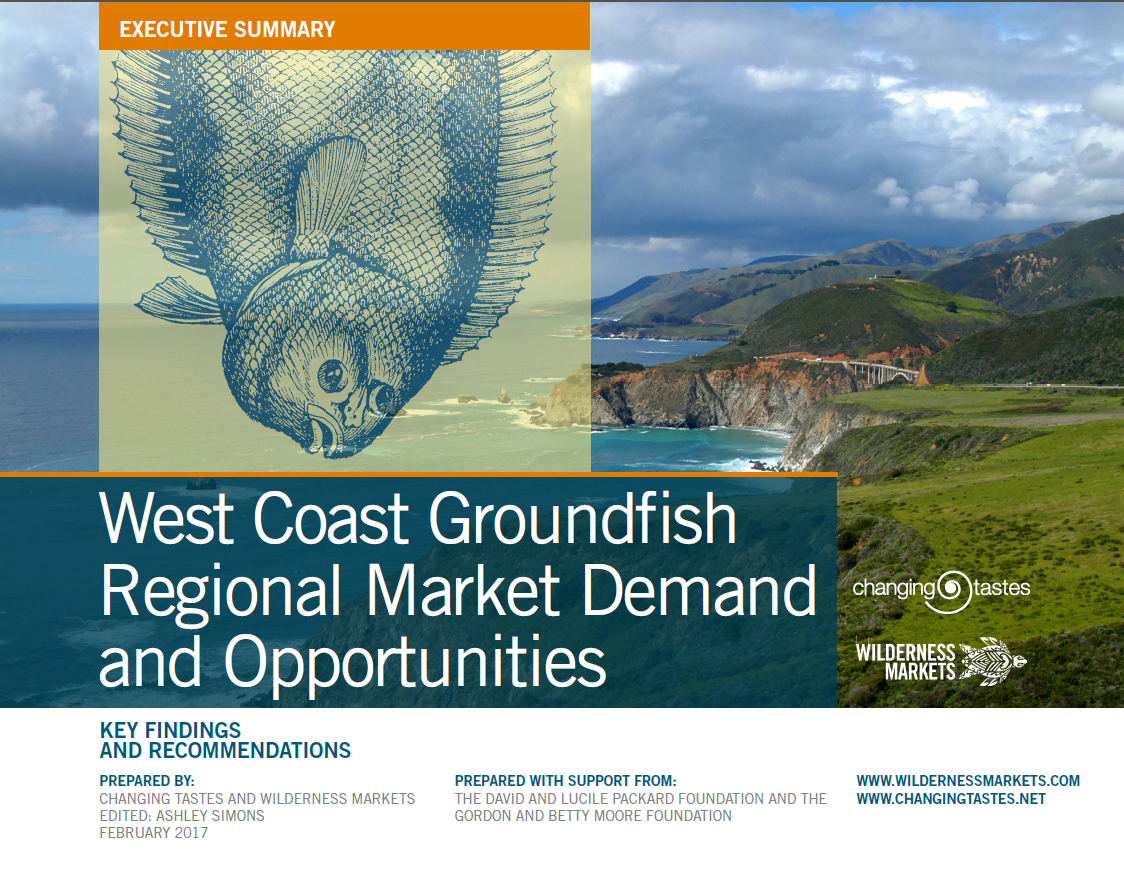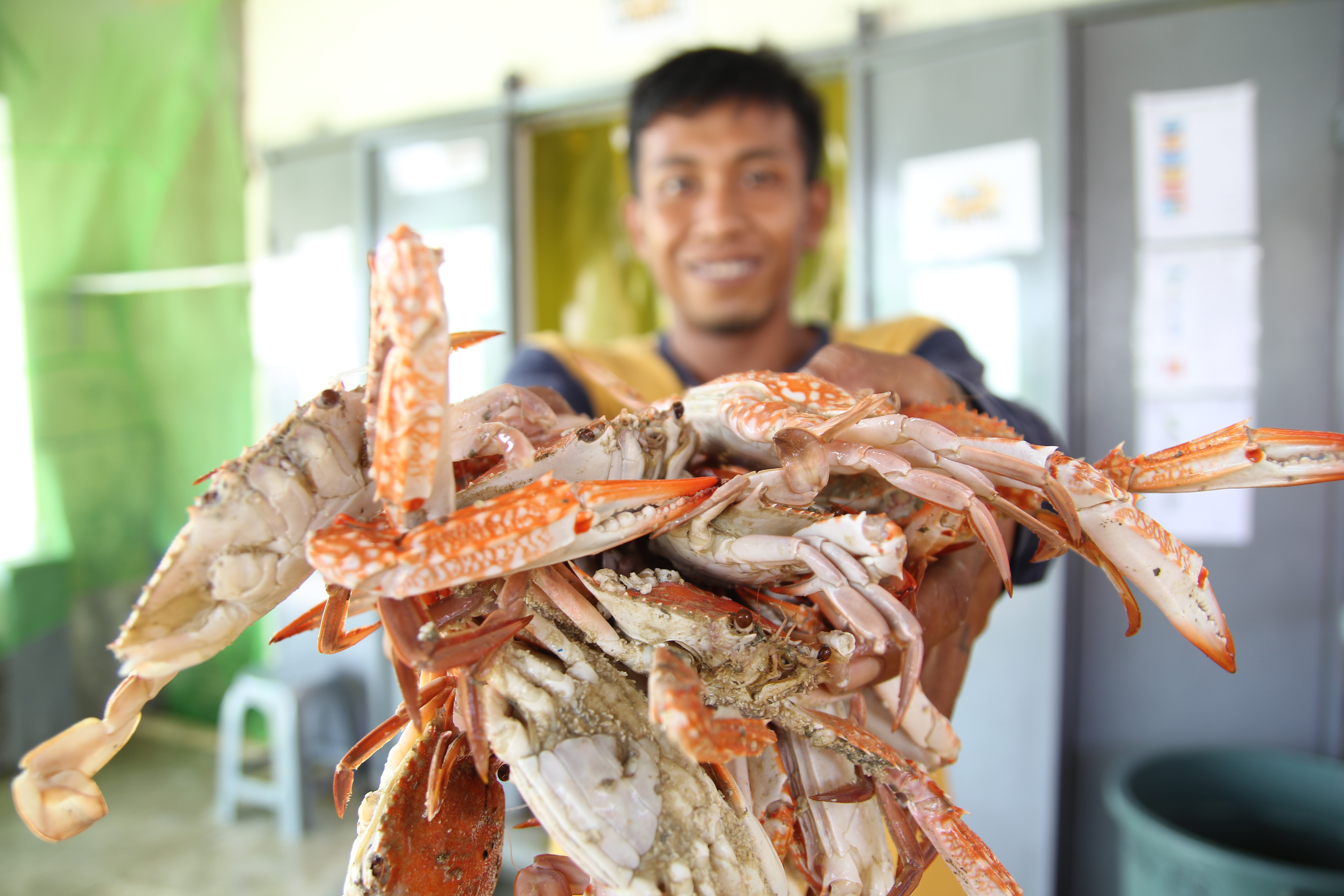Does certification lead to better prices for harvesters?
 Impact and philanthropic investors have an interest in participating in sustainable fisheries to enable effective management, to generate market share and price premiums and to ensure that harvesters are rewarded for and incentivised by sustainable practices. What tools do we have to determine when sustainable fisheries products gain market share and trigger changes in seafood pricing? Certain certified and ecolabeled seafood products have price premiums in the market. Can certification serve as a sound metric for good investment decisions in sustainable seafood? Studies thus far have demonstrated varying price premiums in certified products. These include:
Impact and philanthropic investors have an interest in participating in sustainable fisheries to enable effective management, to generate market share and price premiums and to ensure that harvesters are rewarded for and incentivised by sustainable practices. What tools do we have to determine when sustainable fisheries products gain market share and trigger changes in seafood pricing? Certain certified and ecolabeled seafood products have price premiums in the market. Can certification serve as a sound metric for good investment decisions in sustainable seafood? Studies thus far have demonstrated varying price premiums in certified products. These include:
- Marine Stewardship Council (MSC)-certified frozen processed Al aska Pollock products in London with a 14.2%. price premium;
- MSC labeled salmon products in Glasgow, UK with price premiums in low-end retail chains but not in high-end chains;
- MSC certified products in Australia generated 30-50% price premiums and;
- MSC certified Haddock has a 10% price premium in Scotland for processors and wholesalers.
MSC products do not always guarantee price premiums nor do they ensure long-term sustainability and economic gains for the harvester. Noted benefits for harvesters include access to new markets and processing opportunities for value added products, but not a trickle back from price premiums. A price premium found on a product in a retail chain or region does not mean the premium is globally ubiquitous. MSC notes that harvesters or chain of custody operators seeking certification do so to achieve sustainability outcomes, to gain clout and to improve negotiating capacity with large institutions. The goal of certification, therefore, is not always to attain price premiums or increased market share.
In addition, MSC does not collect market data prior to certification and thus does not measure changes in price. Over 10% of wild-capture seafood products are certified by the MSC. There are over 15 ecolabels for certified wild-capture or aquaculture seafood products, all of which have different metrics for certification and none of which measure if higher income from increased market share and price premiums reach the harvester. While MSC and other certifications can generate price premiums and seem to open market access, they are not yet a proven smart investments for all sustainable fisheries.






Leave a Reply
Want to join the discussion?Feel free to contribute!